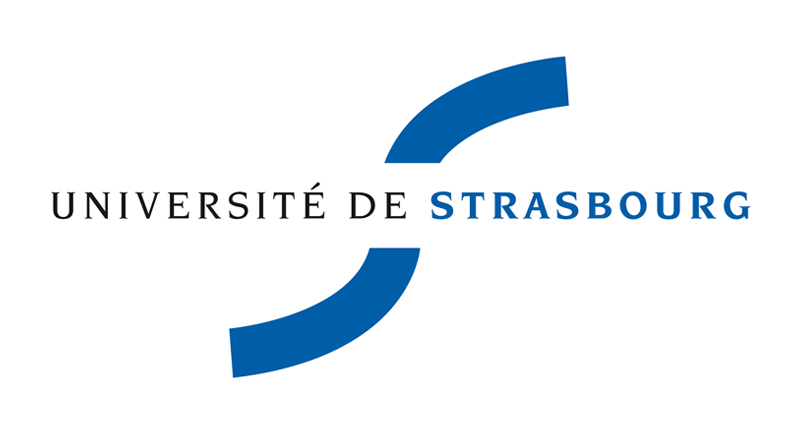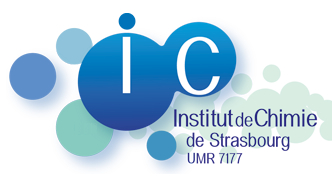
International Workshop And Symposium
Pre-clinical development of antimicrobial peptides
May 13, 2022 Strasbourg, France
AMPs – OUR LAST RESORT ANTIBIOTIC GROUP
In view of a worldwide re-emergence of infectious diseases and a rapid increase in pathogens that are multi-resistant to commercially available antibiotics new strategies to fight such infections have to be developed. Novel agents with completely novel mechanisms of action are desirable where natural compounds such as antimicrobial peptides are effector molecules of innate immunity and provide a first line of defence against a multitude of pathogenic microorganisms. Notably, when compared to antibiotics which interact with specific cellular proteins, bacteria are less likely to develop resistance to antimicrobial peptides interfering with the barrier function of the lipid bilayer of the cell membrane.
Therefore, naturally occurring antimicrobial peptides have been studied to develop new concepts for new pharmaceutical compounds with increased efficiency and these have also been used to biofunctionalize the surfaces of medical devices, implants and other biomaterials. In lipid membranes, antimicrobial peptides form nanopores and channels, or they disrupt the membrane assembly in a different manner. Furthermore, they are capable of self-assembling into various supramolecular nanostructures, that have a number of potentially significant applications from serving as templates for building nanoscale structures, antimicrobial materials with slow release activity, porous materials that can be designed as filters/purification devices, or as part of implants with build-in antimicrobial activity.
Research projects on antimicrobial peptides and/or in materials sciences are already strong in the four universities. By bringing together various aspects of this research ranging from biology, polymer chemistry to molecular modelling the workshop aims at stimulating new ideas, innovative concepts and to establish ongoing and new collaborations.
The programme will be established predominantly from contributions from the four member universities and published on http://www-chimie.u-strasbg.fr/~rmnmc/workshop2022/Program.pdf
Deadline 15 April 2022:
For oral presentations and posters please send your title and abstract (<250 words) to Prof. Burkhard Bechinger
(mention as subject: AC21 workshop)
Several AC21 funded travel grants for overseas participants are available, preferentially to young scientists. Awardees will be selected from the submissions.
Participation is free of charge but requires registration through the following web site: https://site.corsizio.com/c/6230c9d487d01c82f0bde6a8
The workshop will take place at the European Doctoral College
46 Boulevard de la Victoire, Strasbourg, (Tram stop Observatoire)
On the main campus of the Strasbourg University
Scientific committee:
Prof. Marina Rautenbach, Stellenbosch
Prof. Sven-Ulrik Gorr, Minneapolis
Prof. Heiko Heerklotz, Freiburg
Prof. Burkhard Bechinger, Strasbourg


